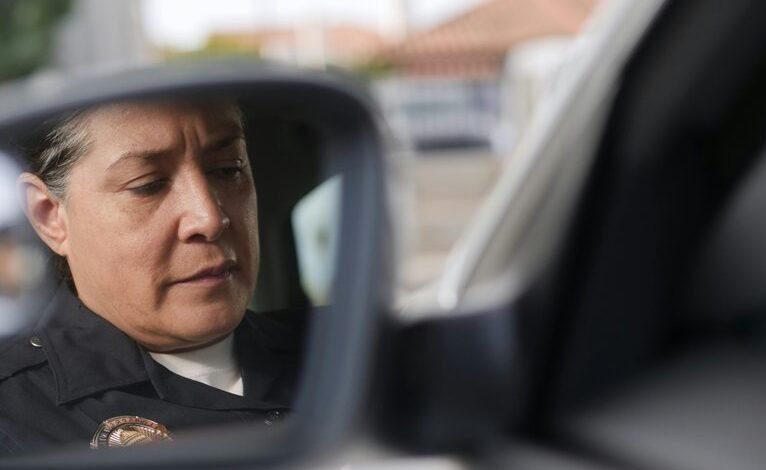Suspicious Signal Surveillance Protection Oversight Authority 3510968343 3288981477 3512493081 3290745016 3509783440 3513321085

The Suspicious Signal Surveillance Protection Oversight Authority (SSSPOA) plays a critical role in regulating surveillance practices. It employs cryptic signal identifiers to enhance monitoring capabilities while protecting individual privacy. This dual mandate raises significant questions about the implications for consumer rights. As the authority navigates the complexities of security and ethical considerations, the balance between oversight and personal freedoms remains precarious. What strategies will SSSPOA implement to ensure accountability in this evolving landscape?
The Mission of the SSSPOA
The mission of the Suspicious Signal Surveillance Oversight Authority (SSSPOA) is fundamentally anchored in the principles of transparency and accountability.
It seeks to establish a robust regulatory framework that enhances signal detection capabilities while safeguarding individual freedoms.
Understanding the Cryptic Signal Identifiers
While deciphering the complexities of cryptic signal identifiers, it becomes essential to recognize their role in the broader context of surveillance practices.
Cryptic identifiers serve as unique markers within signal analysis, facilitating the categorization and tracking of various communications.
Understanding these identifiers enables stakeholders to assess their implications, ensuring that surveillance measures respect individual freedoms while maintaining operational efficiency in monitoring activities.
Implications for Consumer Privacy
As surveillance practices increasingly incorporate cryptic signal identifiers, significant implications for consumer privacy emerge.
Enhanced data protection and stringent privacy regulations are essential to safeguard individual rights. Consumer awareness regarding encrypted communications is vital, as these identifiers can exacerbate digital footprints.
The intersection of surveillance ethics and personal autonomy raises critical questions about the balance between oversight and the right to privacy in an interconnected world.
Balancing Security and Individual Rights
Frequently, the challenge of balancing security and individual rights emerges as a critical issue in the realm of surveillance oversight.
Security ethics necessitate a careful evaluation of privacy concerns, where the protection of citizens must not infringe upon their fundamental rights.
A robust framework must be established to ensure that surveillance measures do not undermine personal freedoms, fostering a transparent dialogue between security needs and individual liberties.
Conclusion
In conclusion, the SSSPOA’s commitment to ethical surveillance practices underscores the necessity of balancing national security with individual privacy rights. For instance, a hypothetical scenario involving the use of cryptic signal identifiers could enhance law enforcement’s ability to track cybercriminals without infringing on the rights of innocent citizens. This approach illustrates the potential for effective surveillance that respects personal freedoms, thereby fostering public trust and promoting accountability in the rapidly evolving landscape of communication monitoring.





